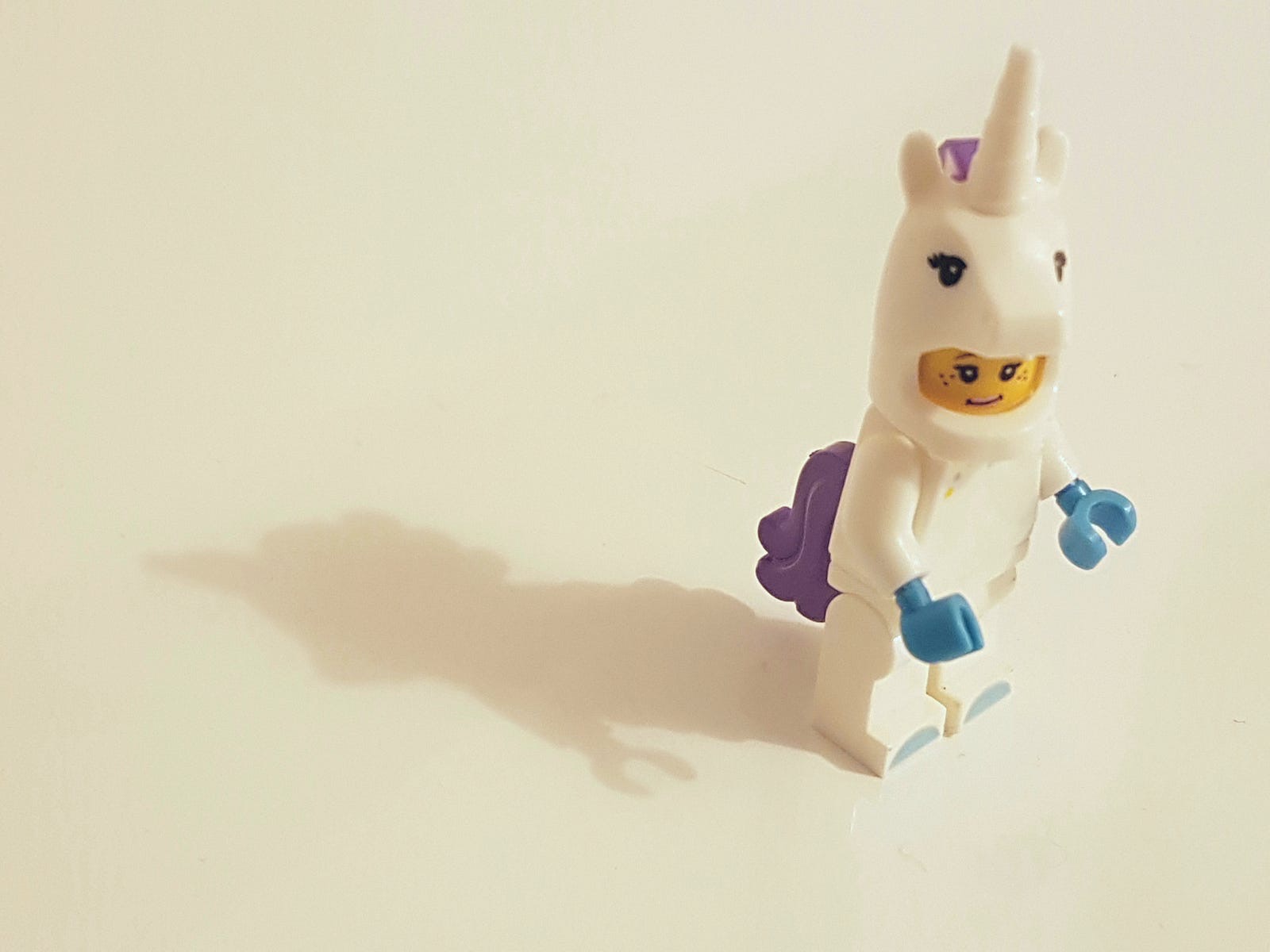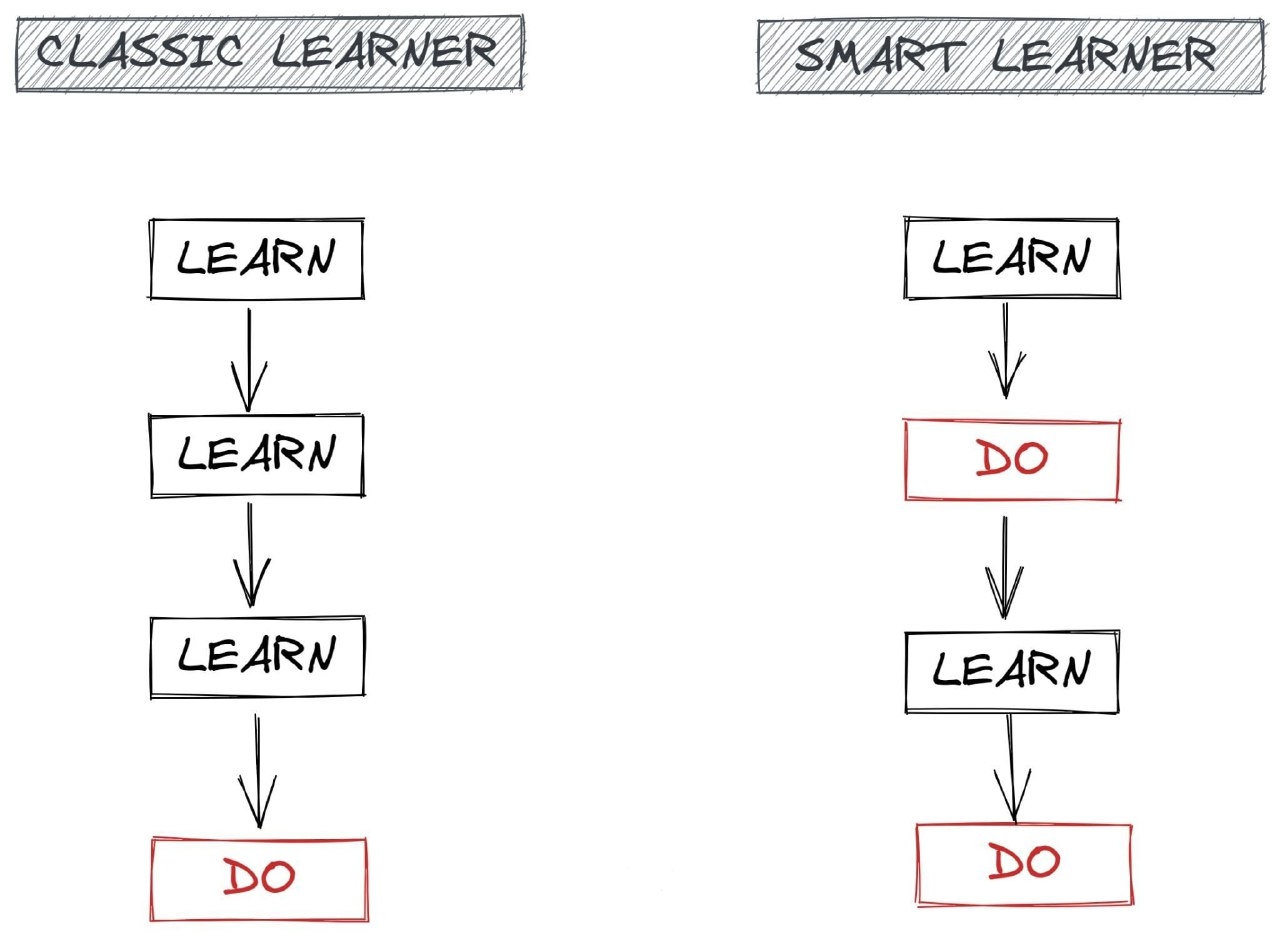Back
Vishnu Dileesh
Engineer | Entrepren... • 6m
A typical day in my indie hacker life starts with excitement. I wake up charged, ready to ship, build, learn, and grow. There's that thrill of chasing something I truly believe in — an idea, a product, a dream. But as the day unfolds, the reality of building a startup sets in. Bugs creep in. Designs don’t quite click. The code doesn’t compile, or worse — it does but fails silently. The errors multiply, and with it, the self-doubt. I begin to question: Am I even cut out for this? Is this idea worth chasing? Am I just faking it? It’s a familiar spiral. And it’s not just me — it's a global phenomenon. A large chunk of us in tech, especially indie hackers and solo founders, experience this emotional loop. Many of us learned everything we know from YouTube videos, blog posts, Stack Overflow threads, and trial by fire. A good portion of our daily work is patchworking ideas, solutions, and code from those who came before us. And you know what? That’s completely fine. Because this is how learning looks. And this is how building something real often feels. When I feel the spiral coming on, I shift into curiosity. I remind myself that every bug, every blocker, is an invitation to grow. Curiosity turns frustration into exploration. It tells me, “You’re a beginner again — and that’s okay.” Jay Shetty, in Think Like a Monk, talks about how our brains are naturally wired for negativity — a survival mechanism. Knowing this helps me observe my inner monologue rather than becoming it. It helps me quiet the self-doubt and return to what matters: solving the problem in front of me. Seth Godin reframes imposter syndrome brilliantly. He says: “Feeling like an imposter means you're about to do something important.” That idea hit me hard. Because it means that discomfort isn’t a red flag — it’s a signpost for growth. As a founder, staying in the comfort zone is tempting. Doing what you already know how to do feels safe. But there’s no growth there. No new customers, no breakthroughs, no magic. All growth starts at the end of your comfort zone. — Tony Robbins When I’m knee-deep in bugs or bottlenecks, I keep this quote from Patrick McKenzie close: “Every great developer you know got there by solving problems they were unqualified to solve until they actually did it.” That’s the founder’s journey in a sentence. So if you’re out here building, shipping, grinding through imposter syndrome, know this: you're not alone. And you’re doing it right.

Replies (2)
More like this
Recommendations from Medial
Jeet Sarkar
Technology, Developm... • 1y
Hey I've just done my college assignment on Imposter syndrome. I learnt a lot lot of things about that. Like: what is imposter syndrome? Characteristics, how to overcome. Then i thought share this thing with community. So, If you know about this tell
See More
Nikhil Sinha
Software Engineer | ... • 4m
🚀 Taking the 7 Day Product Launch Challenge! I'm launching my first app in 1 WEEK and documenting EVERYTHING: • Daily progress updates • Real numbers • Every roadblock & win • All the imposter syndrome moments😅 Any questions or suggestions for
See MoreAccount Deleted
Hey I am on Medial • 6m
Imposter Syndrome is silently killing your startup dreams You’ve got ideas. Maybe even skills. But something keeps holding you back. That something might be imposter syndrome and here’s why you need to crush it. • What is imposter syndrome? It’s t
See More

Anonymous
Hey I am on Medial • 1y
I've embarked on the entrepreneurship journey recently. Having built products and scaled them for a decade, I felt I was ready to do this. especially because I've never felt happy or fulfilled doing a job where there was no appreciation or work-life
See MoreDownload the medial app to read full posts, comements and news.














/entrackr/media/post_attachments/wp-content/uploads/2021/08/Accel-1.jpg)





















